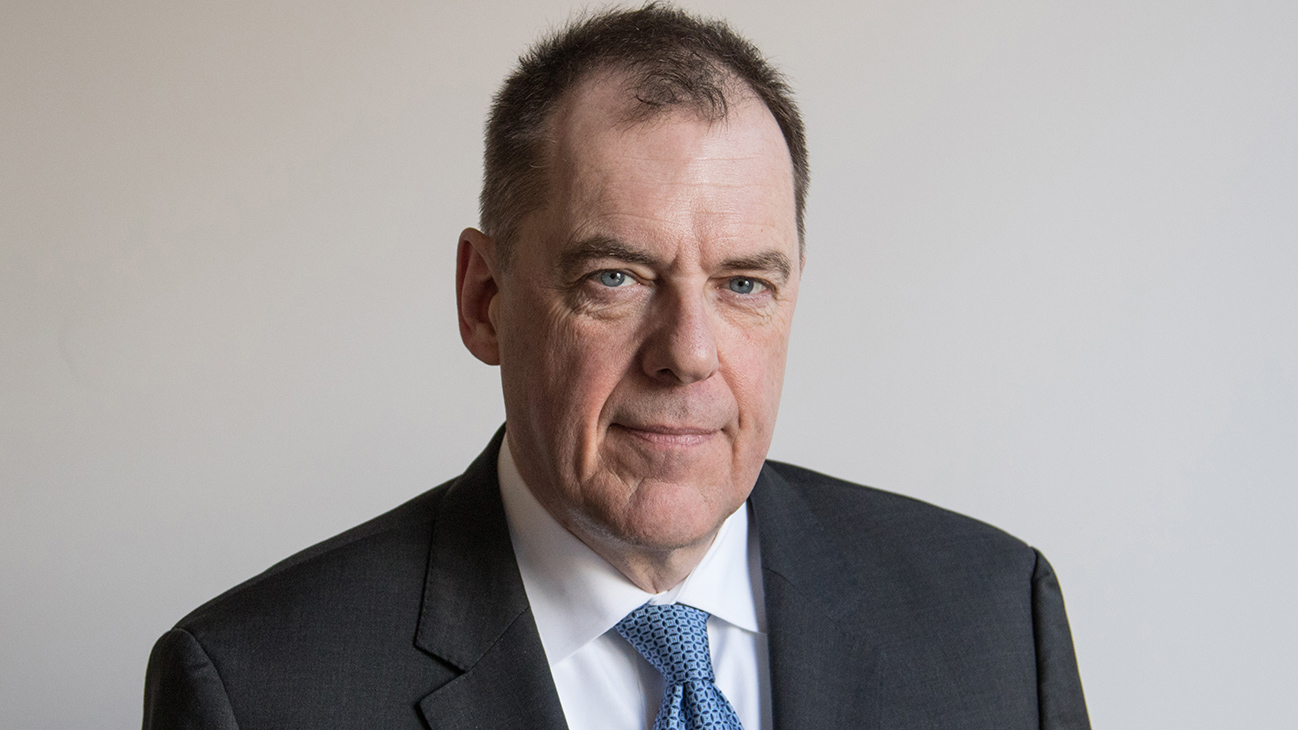One of Canada’s most acclaimed political journalists, John Ibbitson makes sense of government at home, south of the border, and around the world. The bestselling author of Stephen Harper: A Biography, and the co-author of the bestseller, The Big Shift, Ibbitson puts his finger on the pulse of national and international politics, and what the implications are for your business and industry. Below, John writes on the foreign policy address by Chrystia Freeland yesterday:
America has left the world, Foreign Affairs Minister Chrystia Freeland signalled in Tuesday’s landmark foreign policy address. Canada and its allies will hang together, she vowed, awaiting its return.
This was a very dangerous thing to say. But we live in dangerous times.
Although Ms. Freeland never mentioned the words “Donald Trump” in her speech to the House, practically every line was informed by the crisis of his rogue presidency. Clearly, something happened at May’s NATO and G7 meetings to make Prime Minister Justin Trudeau conclude there is nothing to be gained by treating with this man.
“Many of the voters in last year’s presidential election cast their ballots, animated in part by a desire to shrug off the burden of world leadership,” Ms. Freeland told a silent House of Commons.
“The fact that our friend and ally has come to question the very worth of its mantle of global leadership puts into sharper focus the need for the rest of us to set our own clear and sovereign course,” Ms. Freeland said. “For Canada, that course must be the renewal, indeed the strengthening, of the postwar multilateral order.”
Welcome to the Trudeau Doctrine: Canadian foreign policy seeks to preserve multilateral institutions and the Western alliance in the wake of America First.
This will not go down well with the prickly – and, it seems, at times paranoid – American President. And it contradicts earlier efforts to preserve good relations with the Trump administration in the lead-up to renegotiating the North American free-trade agreement.
But whether out of frustration or despair, Mr. Trudeau and Ms. Freeland now believe that appeasing Mr. Trump simply isn’t worth the effort, if only because it implies agreeing with his approach.
“You could easily imagine a Canadian view that says, we are safe on our continent, and we have things to do at home, so let’s turn inward. Let’s say Canada First,” Ms. Freeland declared. But “that would be wrong.” As wrong for Canada as it is for the United States.
The Trudeau doctrine will rest on three pillars. The first is military: Ms. Freeland promised major new investments following the release Wednesday of the government’s defence policy review. We’ve heard such promises before. Doctrines are cheap, but it takes money to buy whisky, or warships.
Second, the minister vowed Canada would spare no effort to preserve and strengthen the Western alliance, citing the deployment of Canadian troops to Latvia currently under way. “There can be no clearer sign that NATO and Article Five [which declares an attack on one NATO member to be an attack on all] are at the heart of Canada’s national security policy,” Ms. Freeland stated – a not-so-veiled reference to Mr. Trump’s refusal to endorse Article Five when he harangued the NATO leaders in Brussels two weeks ago.
Third, Canada will aggressively pursue new trade agreements, Ms. Freeland vowed, not needing to state that Mr. Trump has withdrawn from the Trans-Pacific Partnership, is threatening to scrap NAFTA and generally has thrown the entire global trading order into disarray.
“Far from seeing trade as a zero-sum game, we believe in trading relationships that benefit all parties,” she maintained, adding, “we believe in the WTO and will continue our work to make it stronger.” Again, these words were clearly directed at Mr. Trump, who has called the World Trade Organization “a disaster” and threatens to withdraw the United States from it.
This may be the bluntest repudiation of Mr. Trump and his policies yet delivered by a Western government, and it is high-risk. Ms. Freeland’s address is, in effect, a promise to Canada’s European and Asian allies that we are with them, not with the Americans. Mr. Trump may well lump Canada in with everyone else when he seeks to impose tariffs or other punishments.
But the Liberals no longer seem to care. They have decided that the only solution to dealing with Mr. Trump is to wait him out.
For the first time in our country’s history, Canada’s foreign policy is essentially opposed to the foreign policy of the United States. Who would have thought we would live in such times?

